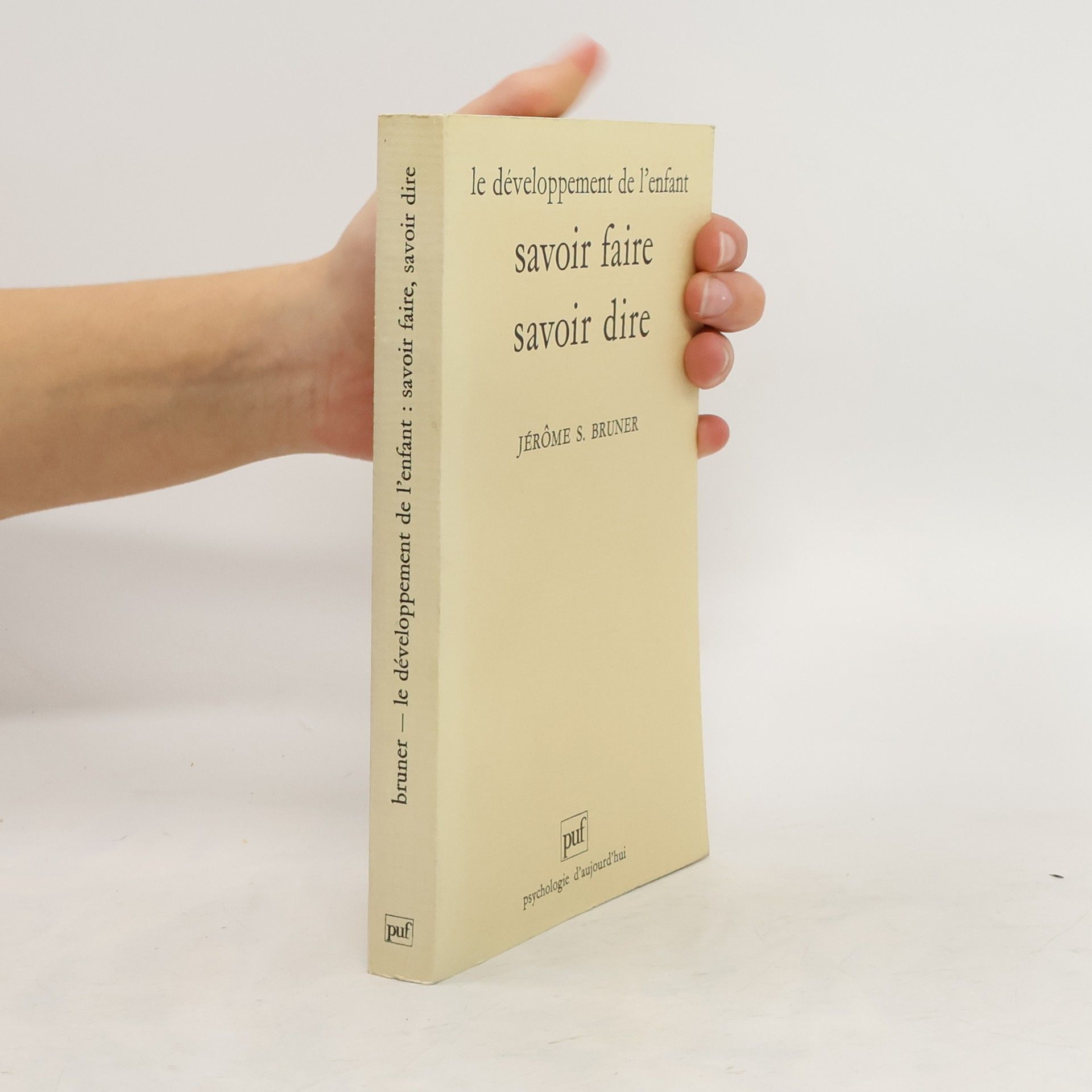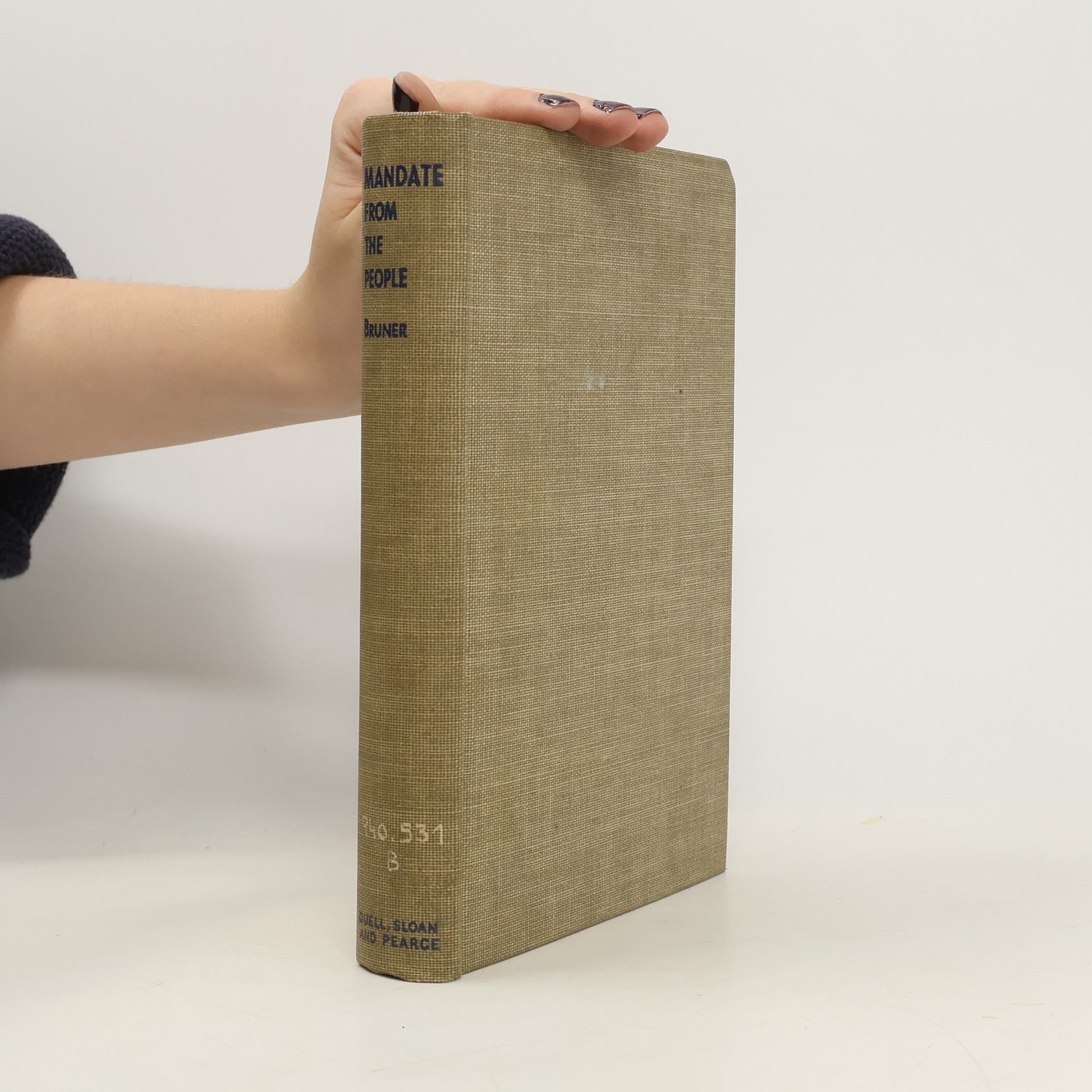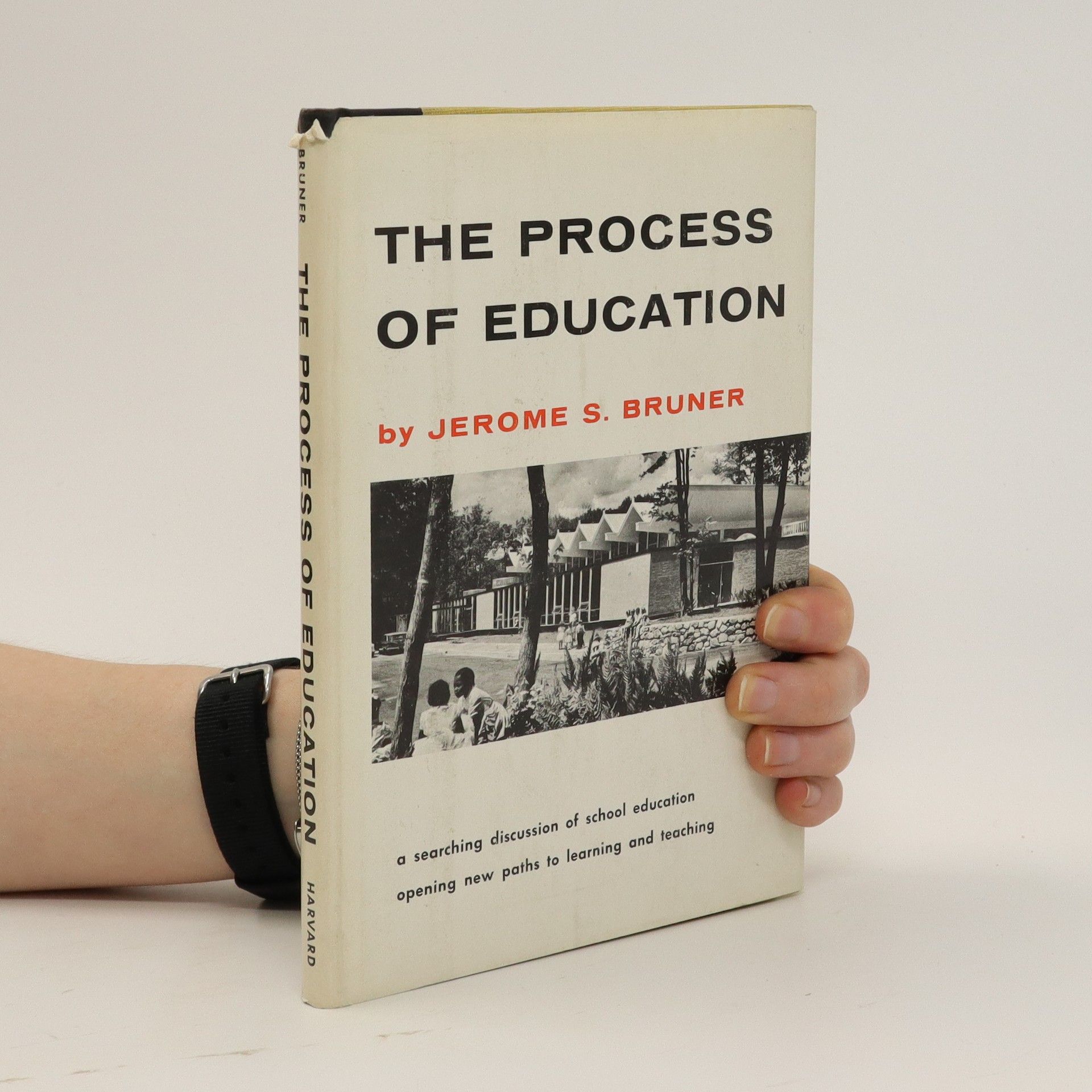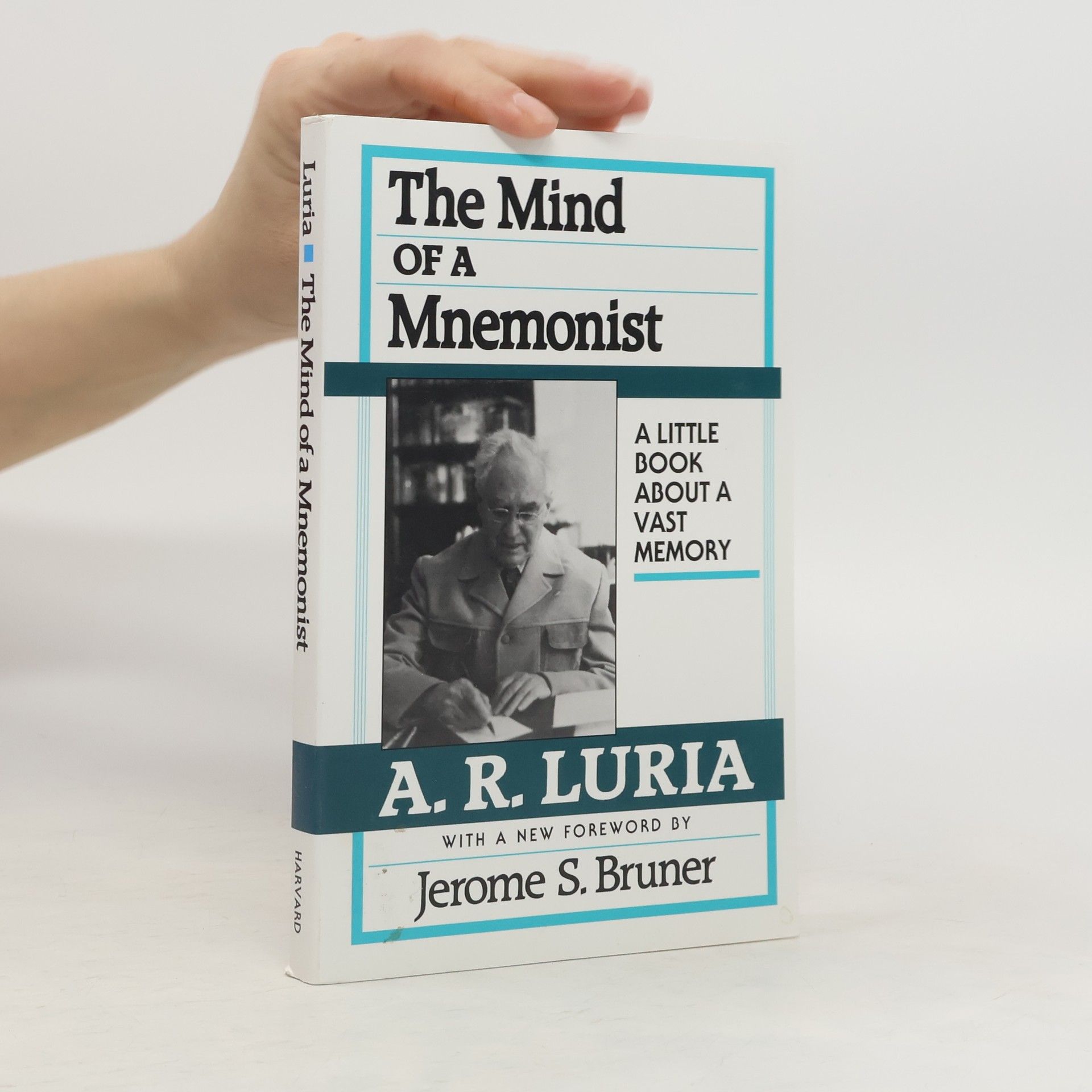Ein berühmter Psychologe wollte mehr darüber wissen, wann und wie das Kind die Sprache erwirbt: Er stellt fest, dass dieser Lernprozess eingebettet ist in ein 'System der Weitergabe unserer Kultur': Nach Bruner lernt das Kind nicht nur, wie es sich ausdrücken soll, sondern auch und gleichzeitig, welche Normen und Werte unter denen gelten, an die es sich mit seinen Worten wendet.
Jerome Bruner Bücher
Jerome Bruner war ein amerikanischer Psychologe und ein wichtiger Pionier der kognitiven Psychologie. Seine einflussreiche Arbeit erstreckte sich auf die Entwicklungs-, Bildungs- und Rechtspsychologie mit einem Schwerpunkt auf sozialpsychologischen Phänomenen. Er prägte maßgeblich das Verständnis menschlicher Kognition und Lernprozesse. Bruners Forschung untersuchte, wie Individuen Informationen erwerben, organisieren und nutzen, und hinterließ damit eine bedeutende Spur auf dem Gebiet.






The Mind of a Mnemonist
- 192 Seiten
- 7 Lesestunden
The Mind of a Mnemonist is a rare phenomenon--a scientific study that transcends its data and, in the manner of the best fictional literature, fashions a portrait of an unforgettable human being.
A landmark in educational theory, now reassessed by the author in a new introduction.